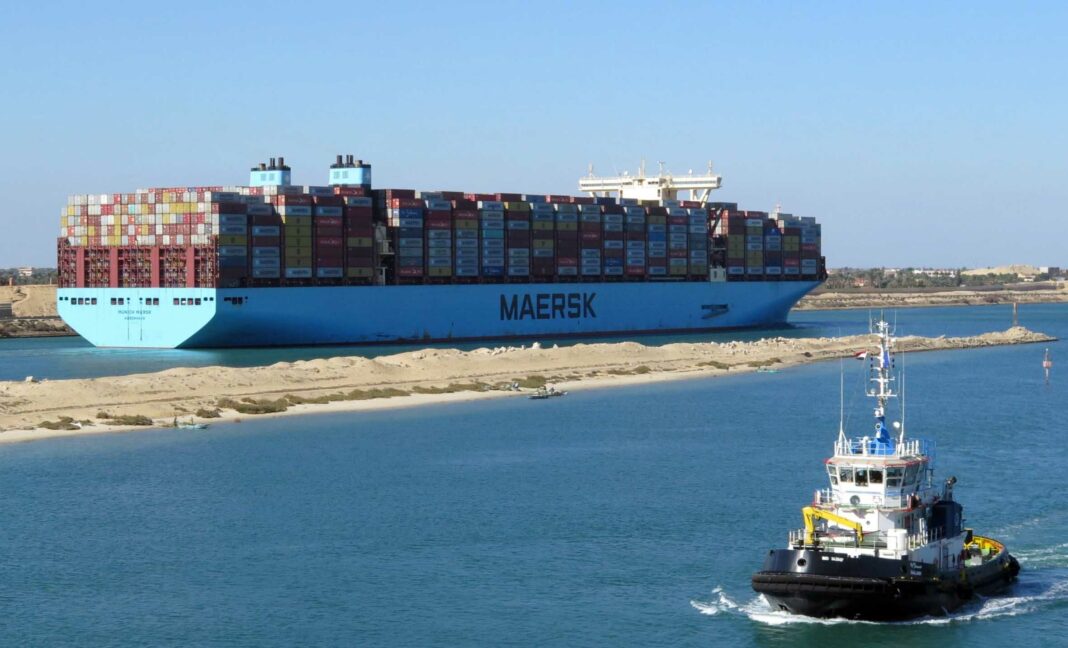As the third month of escalating conflict in Yemen begins, the significant rerouting of vessels has had far-reaching consequences for global trade and transport and the latest trade data from Veson Nautical indicates a notable shift in traffic patterns.
Geopolitical tensions and conflict have raised maritime security concerns in the region, given its strategic importance and critical maritime trade routes.
The ongoing crisis in Yemen has implications for traffic through the Suez Canal and therefore Egypt, which may incur substantial costs due to the disruptions in trade and transport.
The current situation could potentially serve as a catalyst for increased diplomatic efforts to broker peace, considering the economic losses incurred by the Egyptian government as a result of the crisis.
Understanding the economic impact on Egypt and specifically the Suez Canal might encourage a more proactive approach towards resolving the conflict and mitigating its adverse effects on global trade.
The Suez Canal toll fees for crude tankers, bulkers, LNG, LPG and containerships over the period from the beginning of 2023 to early January 2024 have fallen, with financial implications for the Suez Canal and for the Egyptian government as transits reach a low with overall toll fees falling around 40 per cent since November 2023
Container tolls have significantly decreased, falling by up to 66 per cent over the same period, with estimated fees falling from US$ 18 million a week to US$ 6 million at the start of January. In percentage terms the LPG sector experienced the biggest drop with tolls down by 93 per cent.
The analysis of the sum of weekly calculated SCNT (Suez Canal Net Tonnage) transiting through the Suez Canal versus the Cape of Good Hope (Graph 2) reveals a noteworthy trend, with a reduction in SCNT through the Suez Canal and a corresponding increase in the Cape of Good Hope region/transit zone, which is particularly evident since November 2023.
Photo by Tony Martin/shipspotting.com


